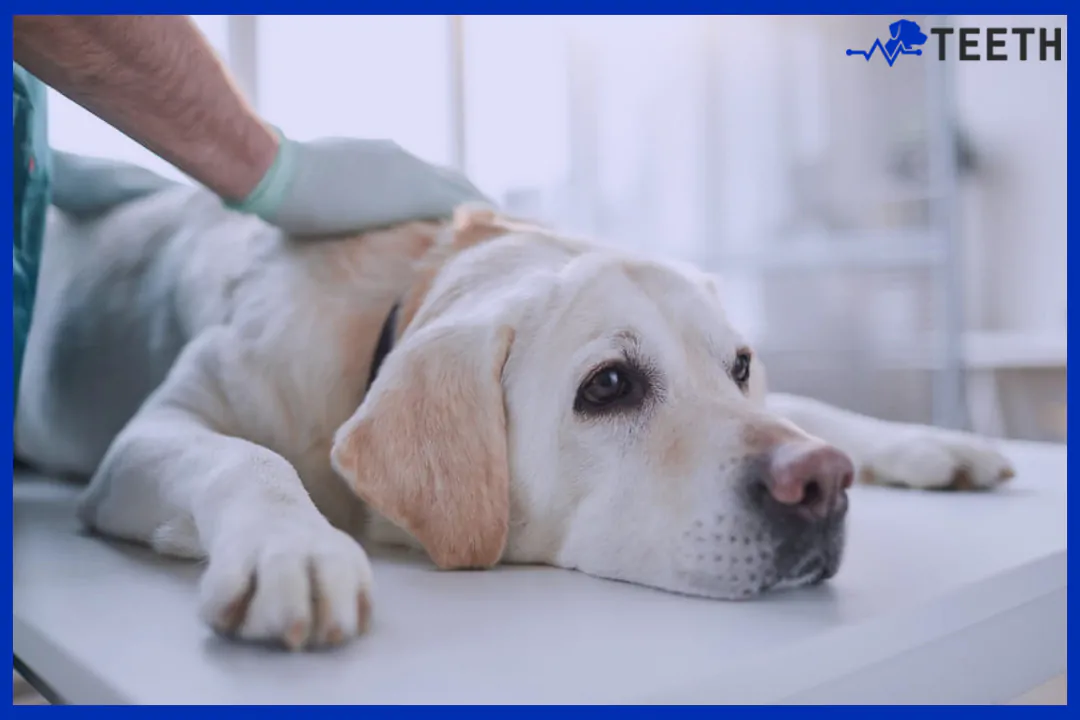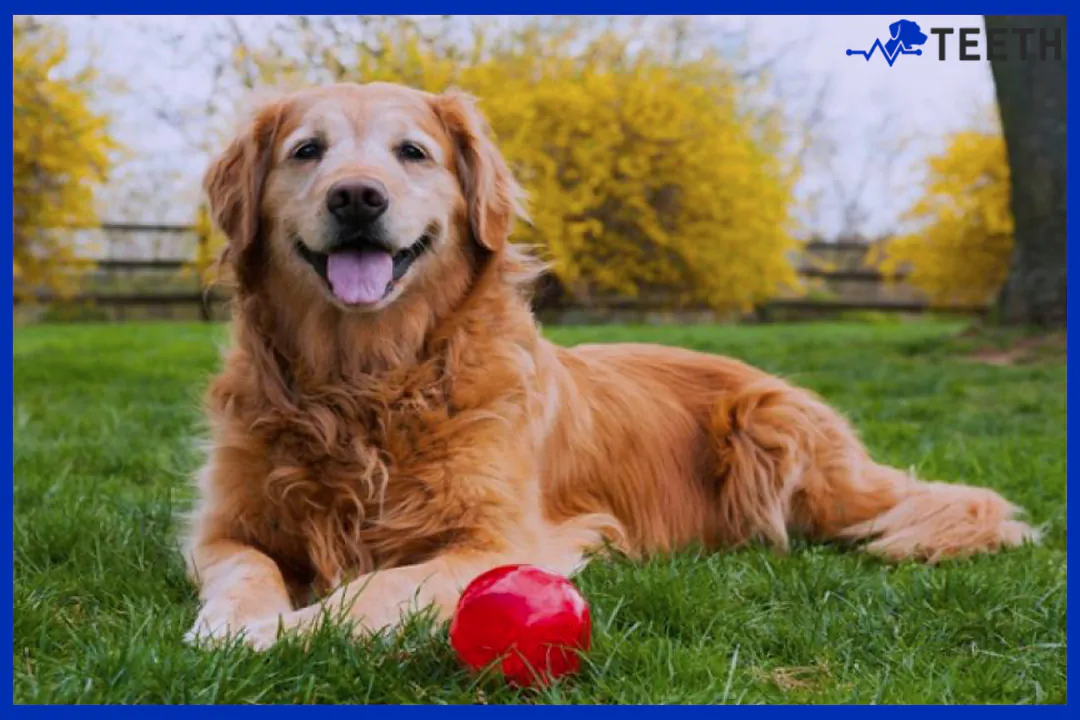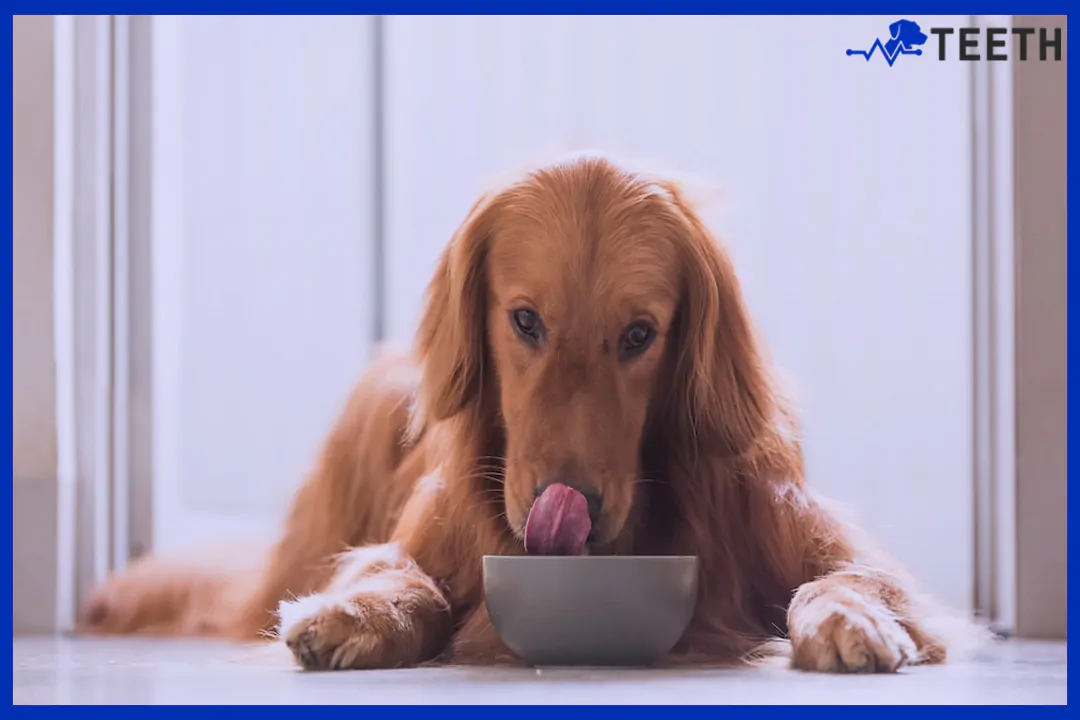Dental Health in Dogs. Many dog owners question whether all dogs have 48 teeth, a crucial detail for those committed to their pet’s dental care. This comprehensive guide offers insights into adult dogs’ and puppy teeth; in addition to explaining proper care of dentals.
Dog Teeth Development.
Dogs go through two sets of teeth: milk teeth emerge around 3-6 weeks old, and by a few months, these give way to adult teeth.
Adult dogs typically possess 42 teeth, slightly fewer than the commonly misquoted 48. This set includes incisors, canines, premolars and molars; all serving their own specific functions. At the front of their mouth is typically found sharp incisors with pointed canine teeth for gripping food securely before it falls to their stomach or being vomited up later by means of salivation or teeth grinding against each other to grip or tear it apart.
Understanding Differences Between Puppy Teeth and Adult Teeth.
Understanding how puppy teeth evolve to adult teeth is critical in maintaining your dog’s dental health. Puppy (known as deciduous teeth ) will typically come into being by 8 weeks, typically consisting of 28 smaller and less sturdy deciduous teeth that will eventually fall out by the time she reaches 6 or 7 months of age, replaced with stronger permanent ones.
Dental Health Care for Dogs Is Vital.
Dog dental care is vital for their overall health. Regular brushing and professional cleanings prevent periodontal disease, a major cause of dog illness.
Dental Chews and Chew Toys: Are They Beneficial or Harmful?
Using dental chews and toys can help maintain your dog’s dental health, reducing plaque and stimulating gums. However, choose these products wisely to suit your dog’s needs and personality.
Signs of Dental Issues in Dogs.
Being aware of the signs and symptoms associated with dental issues is critical, such as bad breath, difficulty eating, red or swollen gums and build-up of tartar on teeth. If any such symptoms arise it’s essential that veterinary medical assistance be sought immediately.
Professional Dental Care for Dogs is now available.
Professional dental cleanings provided by veterinarians are vital. Their thorough approach goes far beyond anything possible at home and addresses issues such as tartar build-up and gingivitis.
Conclusion: Knowledge of your dog’s dental anatomy and care requirements are integral for their overall well-being. While not all dogs possess 48 teeth, what’s truly essential is keeping those they do possess healthy. Regular dental check-ups – both at home and professionally – will prevent disease while prolonging and enriching his/her lifespan and quality of life. For more in-depth information on this topic, especially regarding puppy teething, you can visit Puppy Teething on Wikipedia.



